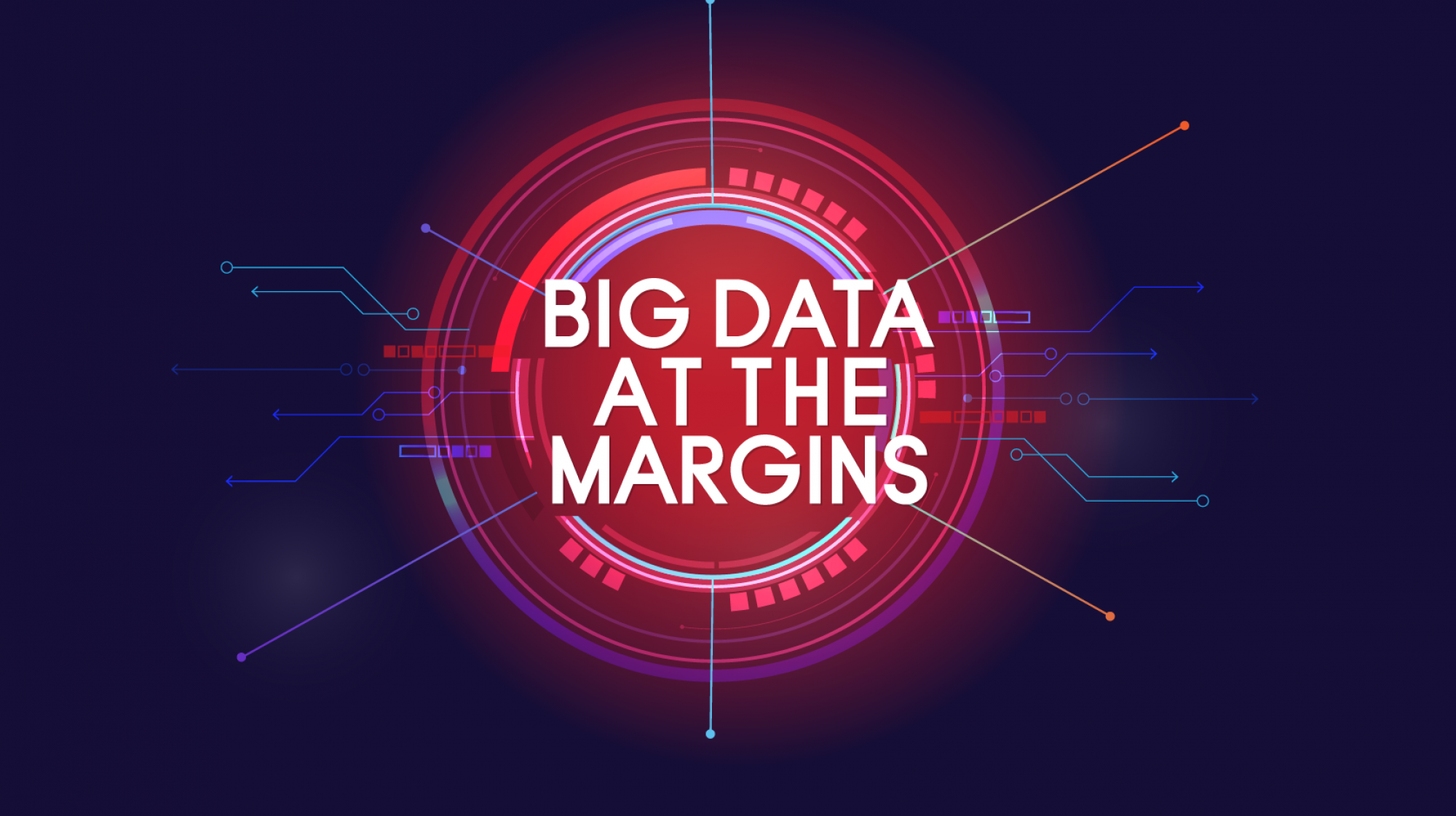Digital Piece Work: The New Workers and Geographies of the Digital Economy
25 March 2021, 7PM
Make sure to register for our next free Zoom Webinar, open to everyone at Western and beyond. Registration is Free: Click Here.
Digital Piece Work: The New Workers and Geographies of the Digital Economy
Featuring Lilly Irani (UC, San Diego), Lisa Nakamura (Michigan), and Greig de Peuter (Wilfrid Laurier). Hosted by Nick Dyer-Witheford (Western)
How can we support workers in communities on the margins whose jobs and livelihoods are being threatened or transformed by developments in AI, big data and machine learning? How we can demand accountability from the powerful platforms that are engendering these transformations while denying the rights of their workers to fair pay and safe working conditions?
The third in our Big Data at the Margins series examines the ways in which digitization and AI are profoundly transforming the kinds, nature, and location of work, often with severe consequences for those on the social and economic margins or living in smaller towns and rural communities. As traditional manufacturing jobs have disappeared or moved overseas, new forms of AI and digitization have moved in, threatening jobs such as construction, maintenance, food preparation, service and agricultural work, and pushing workers into new forms of ‘gig’ or ‘micro’ work – short-term, standardized, precarious and low-paying jobs, which take place primarily on powerful digital platforms such as Uber, Task Rabbit, or Amazon Turk. These jobs are most often held by women, young people, migrants, indigenous people and people of colour, intensifying already existing forms of social stratification and deepening economic inequality. And, while these platforms publicly praise their workers as ‘entrepreneurs’ or ‘partners’, behind the scenes they work tirelessly to deny, punish or bust any attempts by workers to organize unions or demand legal recognition and protections.
Our internationally recognized panelists will address the impact of AI and digitization on the nature of work and the implications of these transformations for workers and their communities. The award-winning work of Lilly Irani, an associate professor at the University of California San Diego and member of the AI Now Academic Council, looks at the ways digital platforms deploy the discourses and practices of entrepreneurialism to justify further exploiting and disempowering workers around the globe. Lisa Nakamura, Director of the Digital Studies Institute at the University of Michigan and member of the Precarity Lab, is a leading scholar in the examination of race and digital media whose recent work looks at the ways in which precarity unfolds across disparate geographic regions and practices, consolidating the wealth and influence of a few and further marginalizing women, migrants and people of colour. Greig de Peuter, associate professor at Wilfred Laurier University and co-founder of Cultural Workers Organize, explores the re-composition of labour politics today, as artists, contract workers, interns, self-employed, freelancers, part-timers and other flexible labour forces seek to collectively confront precarity and financial and social insecurity.


